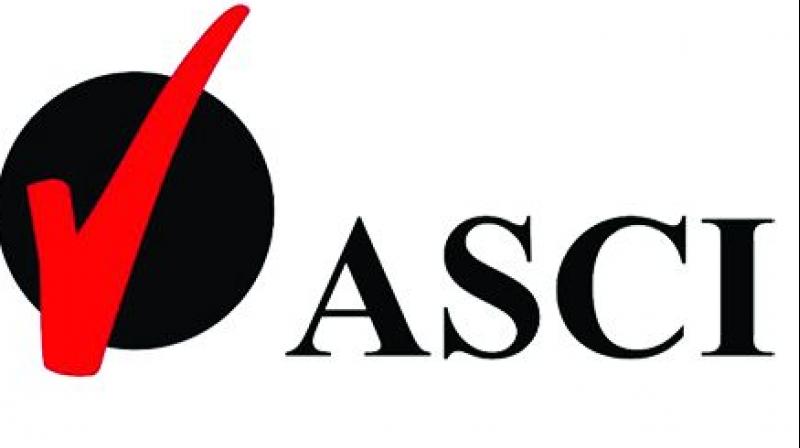ASCI tightens noose, asks ad firms to validate claims

Hyderabad: The Advertising Standards Council of India (ASCI) is keeping tabs on advertisements making promises such as the lightening of skin within weeks, weight loss, a cure for diabetes, the reversal of hair loss, or an increase in height, and seeking explanations from the companies regarding the validity of their claims.
The claims that cannot be substantiated have to be excluded from all forms of advertisement.
The regulatory body has been receiving complaints from various sources, including the public, competitors and members of the industry, about advertisements making claims that are not genuine.
The ASCI has processed 193 complaints received from the general public as well as the Department of Consumer Affairs’ Grievances Against Misleading Advertisements (GAMA) portal, and the Consumer Complaints Council (CCC) of the ASCI has banned 114 advertisements from segments such as healthcare, education, food and beverages, and personal care on the basis of these complaints.
Mumbai-based advertising expert Tarun Chauhan says that the ASCI’s role has become crucial in keeping ridiculous advertisements in check.
“The ASCI is a nodal agency; it is well-respected in the marketing and advertising industry. The process it follows is very professional. The advertiser is given a chance to substantiate his claims before being asked to withdraw an ad,” he says.
Narender Lakkaraj of Finishing Pointe says that advertisements need to be realistic and practical, and they need to provide some information to the public.
Technicians can’t be blamed
With the banning of advertisements with unsubstantiated claims by the ASCI becoming more frequent in the past few years, technicians have gained importance.
Renowned photographer Arvind Chenji believes that videographers or photographers cannot be blamed for misleading advertisements.
“Companies approach these technicians because of their skills. They want videos or pictures to be shot in a certain way, and we follow their directions. If videographers and photographers refuse advertisement shoots, they won’t be able to make money to support their families. Ultimately, their skill is their source of livelihood,” he says.
He says that the companies whose products are being advertised should adopt a more responsible attitude, and think and act in accordance with people’s best interests rather than focussing on duping them and making money.
Mr Chenji says that customers should also be more aware and exercise caution while deciding which products to buy. They should look into their uses and side effects instead of solely blaming the manufacturer if something goes wrong.

